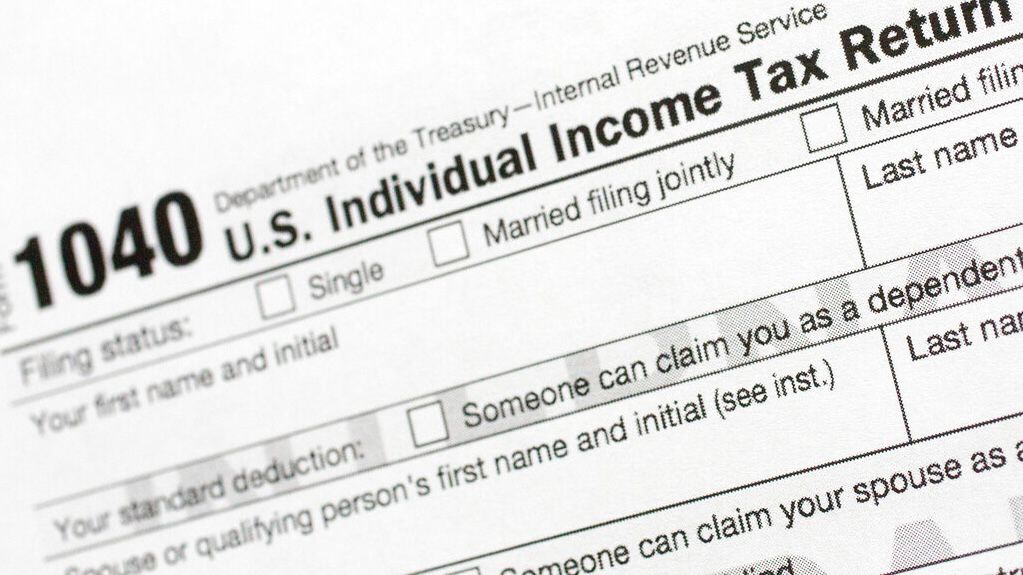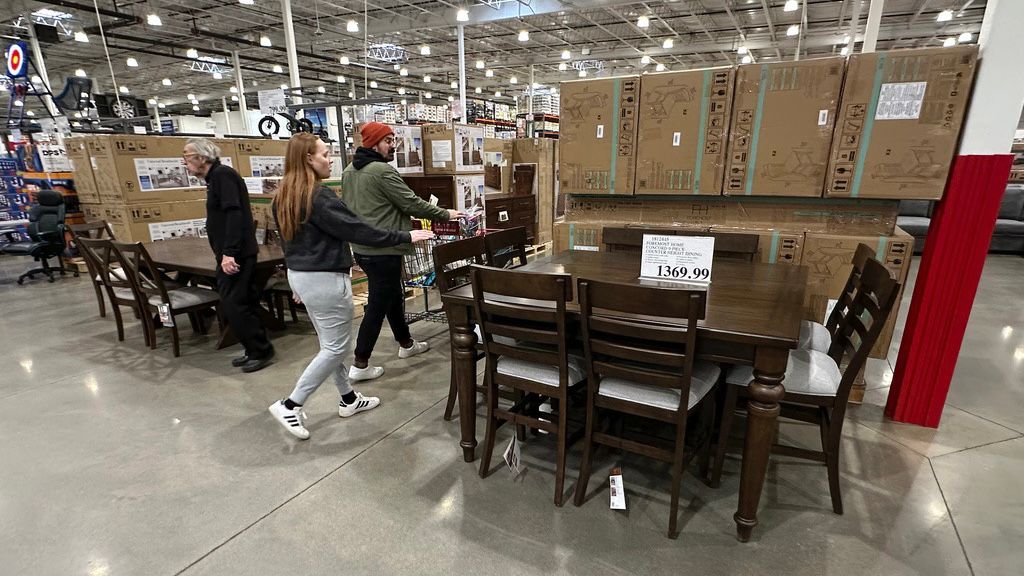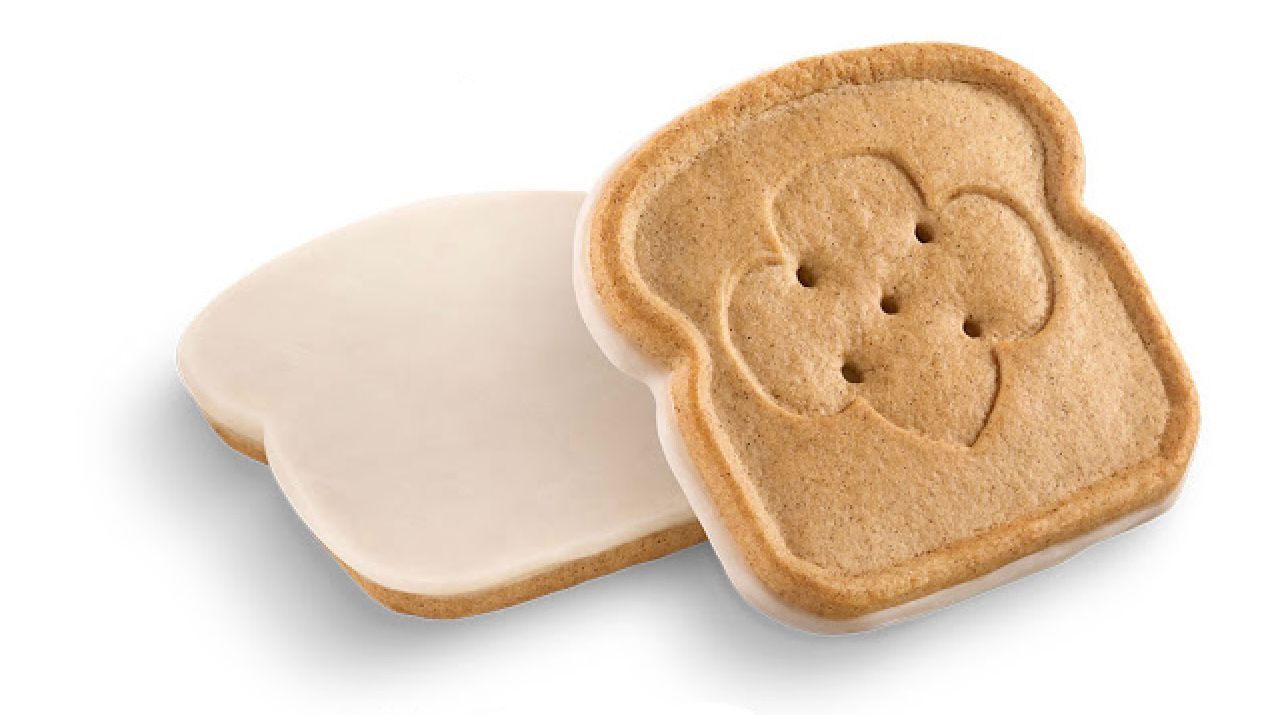As President Donald Trump’s tariff threats become reality, more Americans are feeling less certain about the economy. Consumer sentiment plunged 12% in March compared with February, according to the latest University of Michigan Surveys of Consumers released Friday.
It was the third consecutive month consumer sentiment fell.
“Overall, consumers perceive a tremendous amount of uncertainty in the economy — policy uncertainty, market uncertainty, general economic uncertainty,” Joanne Hsu, the surveys' chief economist, said in a statement.
The poll found that consumers’ feelings about current economic conditions were consistent with February, but their forward-looking expectations fell 18% and has dropped 30% since November.
The drop was across all demographic and political affiliations, with Republicans, Democrats and independents expressing worsening expectations in March for their personal finances, inflation, business conditions and unemployment.
Two-thirds of survey respondents said they expect unemployment to worsen in the coming year. It was the highest reading since 2009 during the Great Recession. Consumers also believe the stock market, labor market and reliable incomes are all weakening.
“The fact that expectations worsened across the board suggests that consumers perceive more downside than upside risk for the foreseeable future,” Hsu said. “These views will likely dampen consumers’ willingness to spend or to make investments.”
The survey noted that 44% of consumers in March mentioned tariffs — up from 40% in February. Consumers said they expect Trump’s tariffs to lead to inflation.
Earlier this month, Trump announced a 25% tariff on steel and aluminum imports. This week, he also announced a 25% tariff on all foreign-made cars and trucks, effective April 2 — the same date he plans to impose reciprocal tariffs on the country’s global trading partners. He also has taxed many imports from Canada, Mexico and China.











